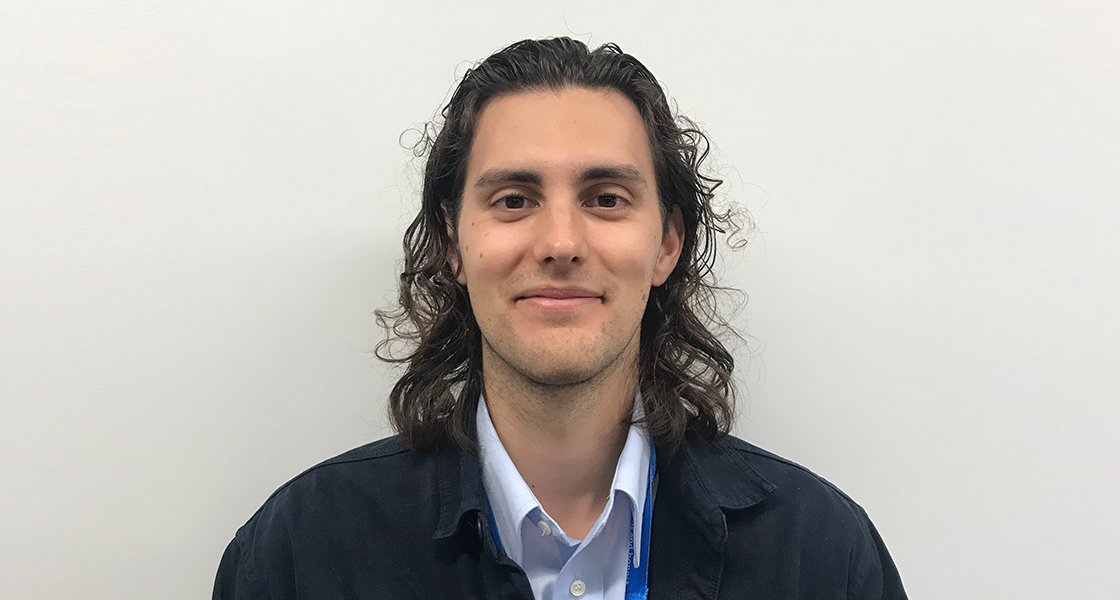Lewis Fry

Lewis Fry is the Assistant Clinical Research Practitioner for the Youth Mental Health Research Unit (YMHRU- also known as Juice) and the Complex Trauma and Resilience Research Unit (C-TRU). He is keen to support service users to get involved in research that brings about real change, making NHS services better for everyone who uses them.
Lewis completed his undergraduate degree in Cognitive Neuroscience and Psychology at The University of Manchester. After gaining initial research experience in the cognitive neuroscience of memory, Lewis began working as a Housing Support Worker for ex-offenders, which made evident the difficult life circumstances that many people with mental health problems can face, especially for those who find it difficult to access support.
Having solidified his interest in mental health, Lewis moved to work on a Psychiatric Intensive Care Unit in Salford as a Nursing Assistant. In this role he was introduced to the experiences and challenges faced by people in inpatient wards and is now keen to increase access to psychological interventions in these settings. He is also interested in what recovery means for service users and how to improve the experiences of people admitted to inpatient settings.
In his previous role, Lewis was responsible for increasing recruitment onto YMHRU studies by engaging with both service users and clinical teams. This included working on the IPPACT project (a study that aims to improve prediction of psychosis in people assessed as having an At Risk Mental State), Motiv8 (a trial of a physical health intervention in secure forensic settings) and a study monitoring the physical health of young inpatients at Junction 17 (Y-Health). Lewis was drawn to these projects as they all focus on groups of service users who have often had fewer opportunities to participate in research.
Lewis is now solely focussed as a research assistant on BART II trial, a study aimed at investigating the effects of cognitive behavioural therapy (CBT) compared to treatment as usual for young people who are at-risk of developing bipolar disorder. This ties in with Lewis’ passion for providing service users with access to high-quality research aimed at helping shape better services for young people.
In his spare time Lewis enjoys a good pub quiz, playing the drums and camping with his friends.

